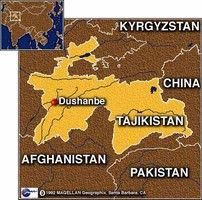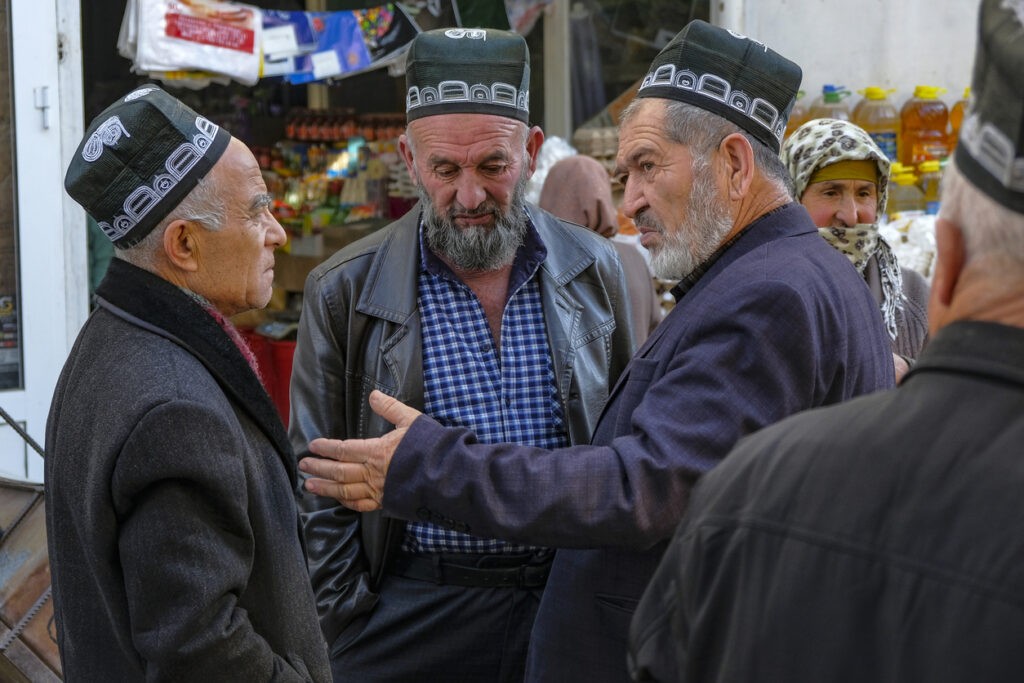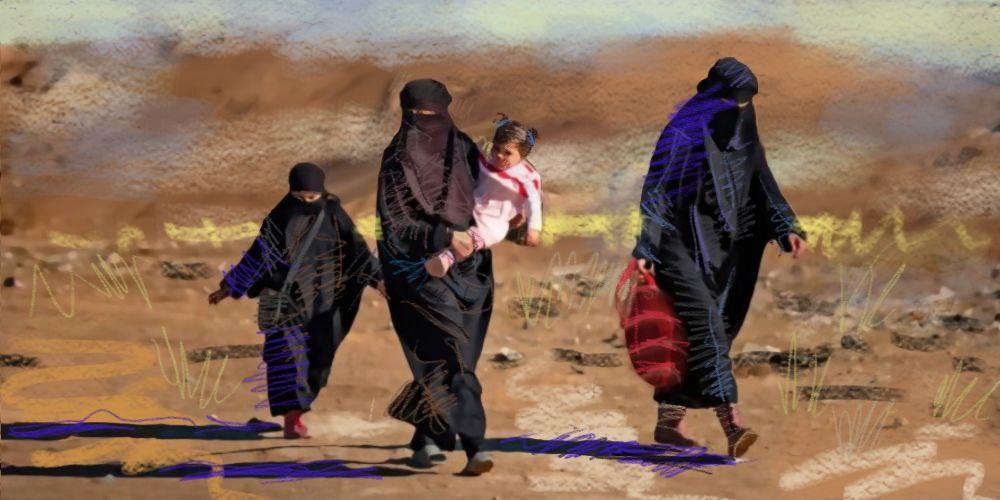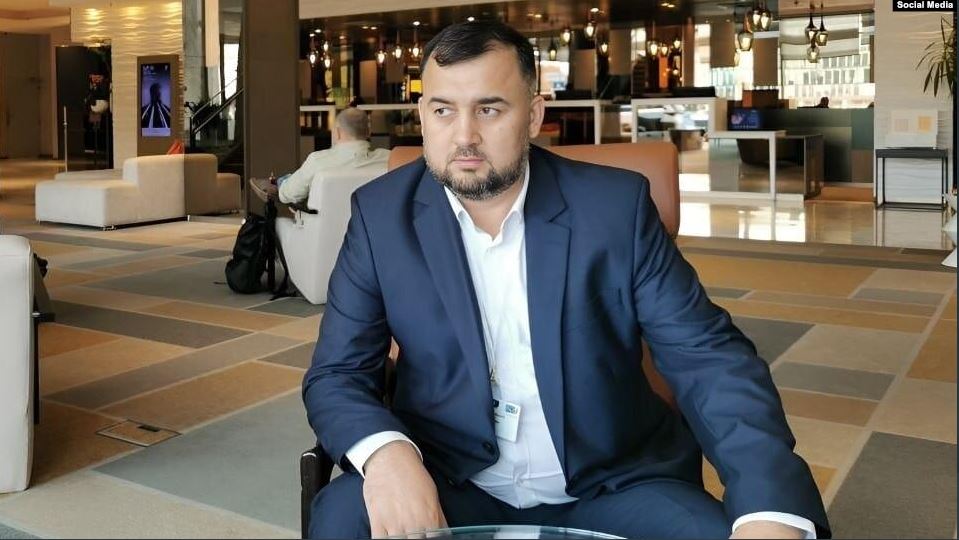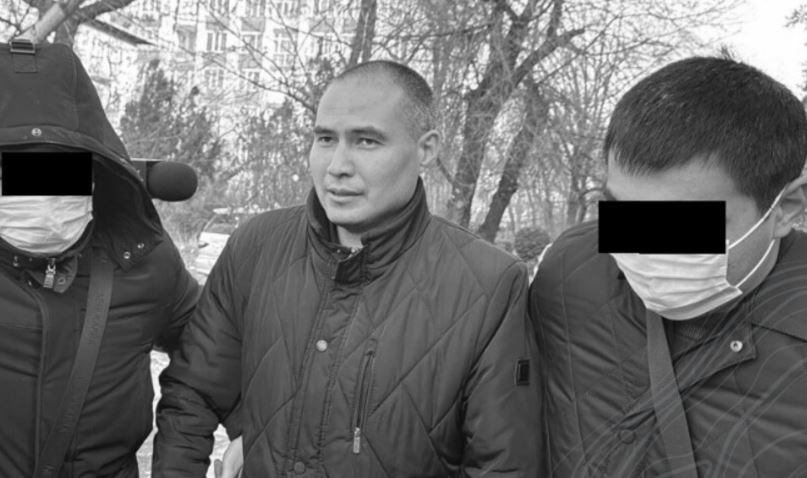DUSHANBE (TCA) — Human Rights Watch and the Norwegian Helsinki Committee say that Tajikistan authorities have detained, interrogated, and threatened relatives of 10 peaceful opposition activists who attended a July 9 conference in Germany, RFE/RL reported.
The conference in Dortmund was held to mark the 20th anniversary of the signing of peace accords that formally ended Tajikistan’s 1992-1997 civil war.
In a joint statement issued on July 19, the two rights groups said Tajik authorities publicly shamed the activists’ relatives, banned from leaving the country, and threatened to confiscate their property.
The statement said that in one case, officials threatened to rape the daughter of an activist.
“The Tajik government’s vicious campaign of intimidation against dissidents’ relatives is widening and becoming ever more brazen,” said Steve Swerdlow, Central Asia researcher at New York-based Human Rights Watch.
Swerdlow said the actions suggest “a policy of collective punishment sanctioned at the highest levels, which should end immediately.”
Human Rights Watch and the Norwegian Helsinki Committee urged the United States, the European Union, and others to urgently address “the growing pattern of retaliatory attacks in Tajikistan,” which they called “part of the wider deteriorating human rights situation there,” and to “publicly condemn the abuses.”
Activists say longtime President Emomali Rahmon’s government has intensified its crackdown on the opposition since 2015, when the Islamic Renaissance Party of Tajikistan was branded a terrorist organization and banned, and dozens of party officials were arrested.
